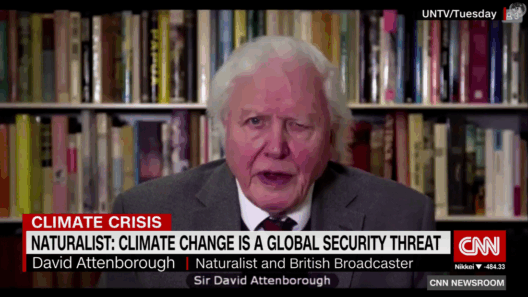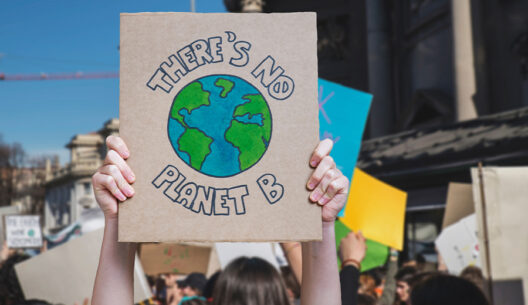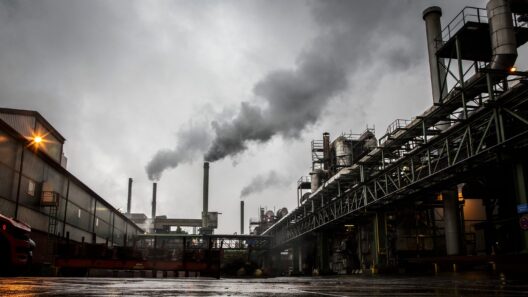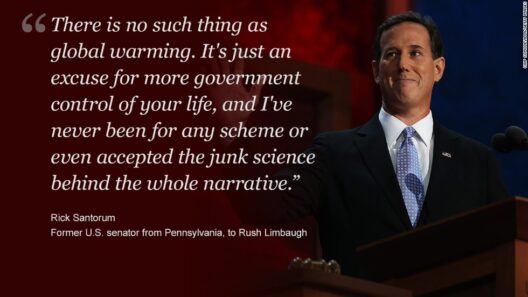A.O. Cortez’s speech in New York City galvanized an audience and ignited a fervor surrounding the pressing issue of global warming. The gathering, teeming with environmental advocates, concerned citizens, and curious onlookers, represented a microcosm of the broader societal debate regarding climate change mitigation and sustainability practices. From the very outset, Cortez’s oratory prowess was evident as she elucidated the multifaceted ramifications of climate change on both local and global scales.
The backdrop of her discourse was the stark reality of unprecedented natural disasters, defined by weather anomalies and catastrophic phenomena. Cortez deftly illustrated the scientific consensus surrounding climate change, underscoring the correlation between anthropogenic activities and rising global temperatures. By integrating empirical data, she established a compelling narrative that lends credence to the urgency of climate action.
Throughout her address, Cortez employed a variety of rhetorical techniques to engage her audience. She utilized vivid imagery, drawing parallels between the dystopian future foreshadowed by climate inaction and the idyllic world that could be preserved through concerted efforts. Her evocative language painted a grim picture of sinking coastlines, desolate landscapes, and the exodus of displaced populations. This emotional appeal catalyzed a palpable response among attendees, fostering a sense of communal urgency.
Moreover, Cortez elucidated the socio-economic implications of climate change, emphasizing its disproportionate impact on marginalized communities. Her arguments transcended mere environmentalist rhetoric, morphing into a clarion call for social justice intertwined with climate action. The intersectionality of climate change highlighted the necessity for policies that prioritize equity alongside ecological preservation. Her expounding on the Green New Deal was particularly cogent, articulating a vision for a sustainable economy rooted in renewable energy and green jobs.
One pivotal segment of her speech focused on actionable strategies that individuals could adopt in their daily lives. Cortez championed sustainable practices such as reducing waste, embracing plant-based diets, and advocating for renewable energy solutions. She succinctly imparted that societal transformation begins at the grassroots level. Through personal anecdotes, she demonstrated how collective actions, no matter how small, could lead to substantial change. This notion empowered her audience, instilling a belief that participation in local initiatives could reverberate on a global scale.
In addressing the role of government and policy, Cortez’s rhetoric shifted towards the responsibilities of elected officials and corporations. She ardently criticized the inaction and complacency that has historically characterized climate policy. Importantly, she urged attendees to hold leaders accountable, encouraging civic engagement through voting, advocacy, and sustained pressure on policymakers to prioritize climate legislation. This aspect of her speech resonated deeply with proponents of democratic participation who recognize the weight of collective voices in shaping policy direction.
As her speech continued, it became clear that Cortez was not merely aiming to enlighten; she was there to inspire. Her message was steeped in hope—a hope fueled by the myriad of grassroots movements and innovations emerging daily. She emphasized that the fight against climate change is not solely a political battle; it is also a cultural one, urging individuals to rethink their relationship with nature and to cultivate stewardship over the Earth.
The dichotomy of despair versus hope was a prominent theme throughout Cortez’s address. While she underscored the severity of climate challenges, she juxtaposed this with stories of resilience and innovation. From local communities adopting sustainable agriculture to cities implementing ambitious climate action plans, she showcased models of success that could be emulated elsewhere. This duality served to fortify her argument—the acknowledgment of challenges as a precursor to collective action and transformation.
Additionally, Cortez employed multimedia elements during her speech, including video clips and visual aids that reinforced her points. These tools effectively captured the audience’s attention and underscored the gravity of her message. The visual representations of climate impact and success stories served as poignant reminders of the stakes at play and the potential for positive change.
Interactions with the audience culminated in a vibrant Q&A segment, where Cortez encouraged questions that spanned a wide range of topics, from personal responsibility to systemic change. This engagement demystified the complexities of climate policy, allowing attendees to voice their concerns and seek clarification. Cortez’s approachable demeanor fostered a dialogue that transcended the confines of the stage, forging connections with constituents who felt empowered to engage holistically with climate issues.
Ultimately, Cortez’s speech is emblematic of a critical juncture in environmental discourse. It illustrates how powerful oratory can serve as a catalyst for change, urging individuals and communities to confront the looming crisis of global warming. By synthesizing personal narratives, empirical evidence, and actionable strategies, Cortez’s address carved a path forward that champions sustainability while embracing social justice. It stands as a testimony to the impact of passionate advocacy in shaping perceptions and inspiring action. In the face of existential threats, her voice—and the voices of many young activists—represents hope, resilience, and the inexorable call to duty to safeguard our planet.








